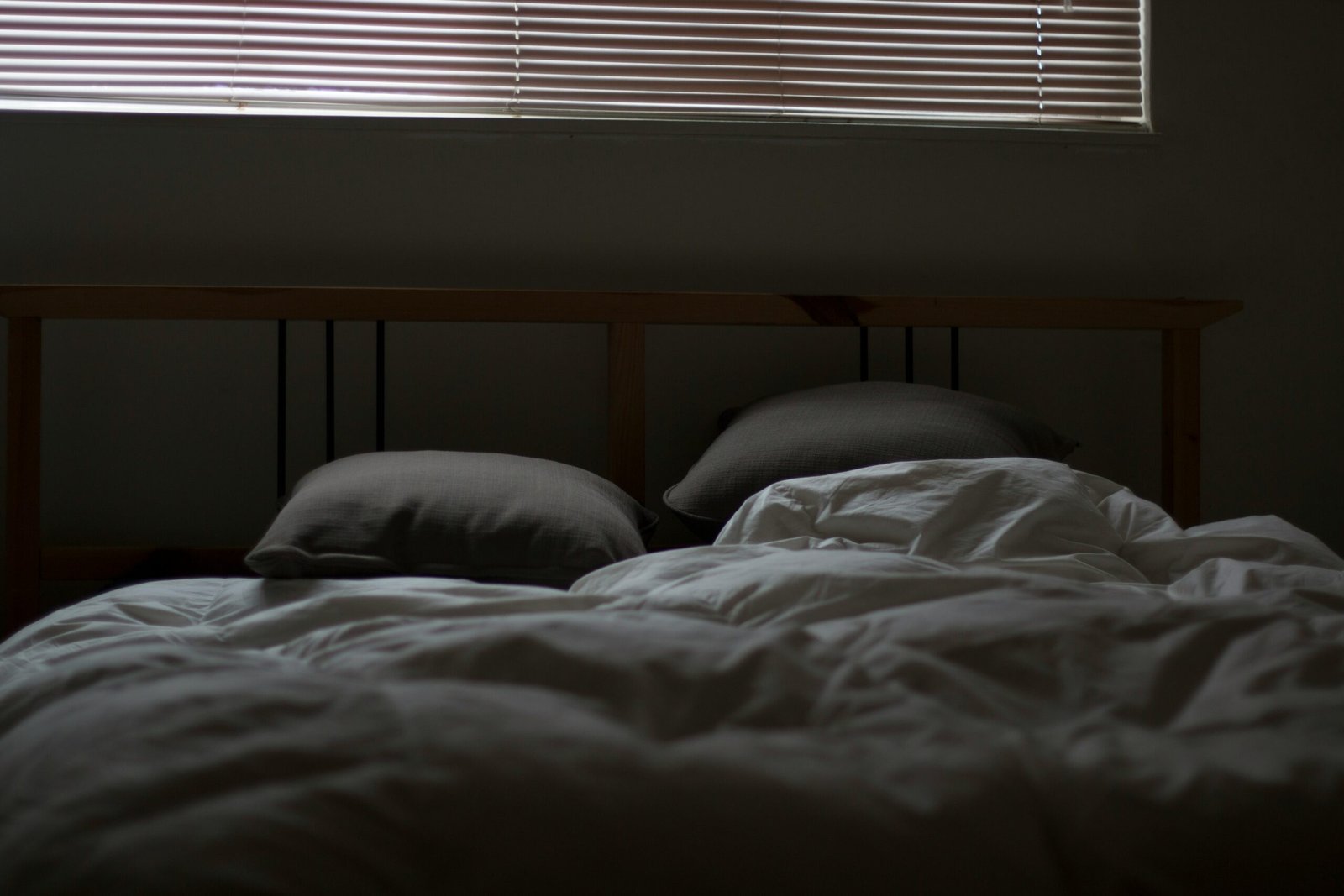Sleep hygiene, the habits and practices conducive to sleeping well on a regular basis, is a cornerstone of health. But why is it so important? Let’s dive into the reasons:
Boosts Physical Health: Good sleep hygiene supports your immune system, reduces inflammation, and aids in tissue repair and growth. It’s a key player in maintaining your physical health.
Enhances Mental Well-being: Sleep is not just about resting your body. It’s also about giving your mind a break. Adequate sleep is crucial for emotional regulation and cognitive function, contributing to improved mental health.
Elevates Productivity: A good night’s sleep can lead to improved focus, decision-making, and problem-solving abilities. It’s a productivity booster you can’t ignore.
Strengthens Immune System: Sleep hygiene is a silent warrior that helps strengthen your immune system, making it easier for your body to fight off infections and illnesses.
Regulates Blood Sugar: Sleep plays a crucial role in maintaining stable blood sugar levels, reducing the risk of diabetes and other health issues.
Reduces Stress: Good sleep hygiene can help decrease stress levels, promoting emotional balance and overall well-being.
Improves Relationships: Better sleep can lead to increased patience, empathy, and communication, enhancing relationships with others.
Promotes Happiness: Good sleep hygiene can contribute to a more positive outlook on life, promoting happiness and overall satisfaction
By prioritizing good sleep hygiene, individuals can enjoy these benefits and improve their overall quality of life. It’s essential to create a consistent sleep schedule, maintain a comfortable sleep environment, and practice healthy habits during the day to promote quality sleep.To achieve good sleep hygiene, consider the following tips:
- Establish a consistent sleep schedule, going to bed and waking up at the same time each day.
- Create a relaxing bedtime routine, such as reading a book, taking a warm bath, or practicing relaxation techniques.
- Ensure your sleep environment is comfortable, quiet, dark, and cool.
- Limit exposure to screens and electronic devices before bedtime.
- Avoid caffeine, alcohol, and large meals close to bedtime.
- Engage in regular physical activity, but avoid intense workouts in the evening.
- Manage stress through relaxation techniques, such as meditation or deep breathing exercises.
By incorporating these tips into your daily routine, you can improve your sleep quality and overall well-being. Remember, good sleep hygiene is not just about getting enough sleep; it’s about establishing habits and practices that promote quality sleep and contribute to a healthier, happier life.




